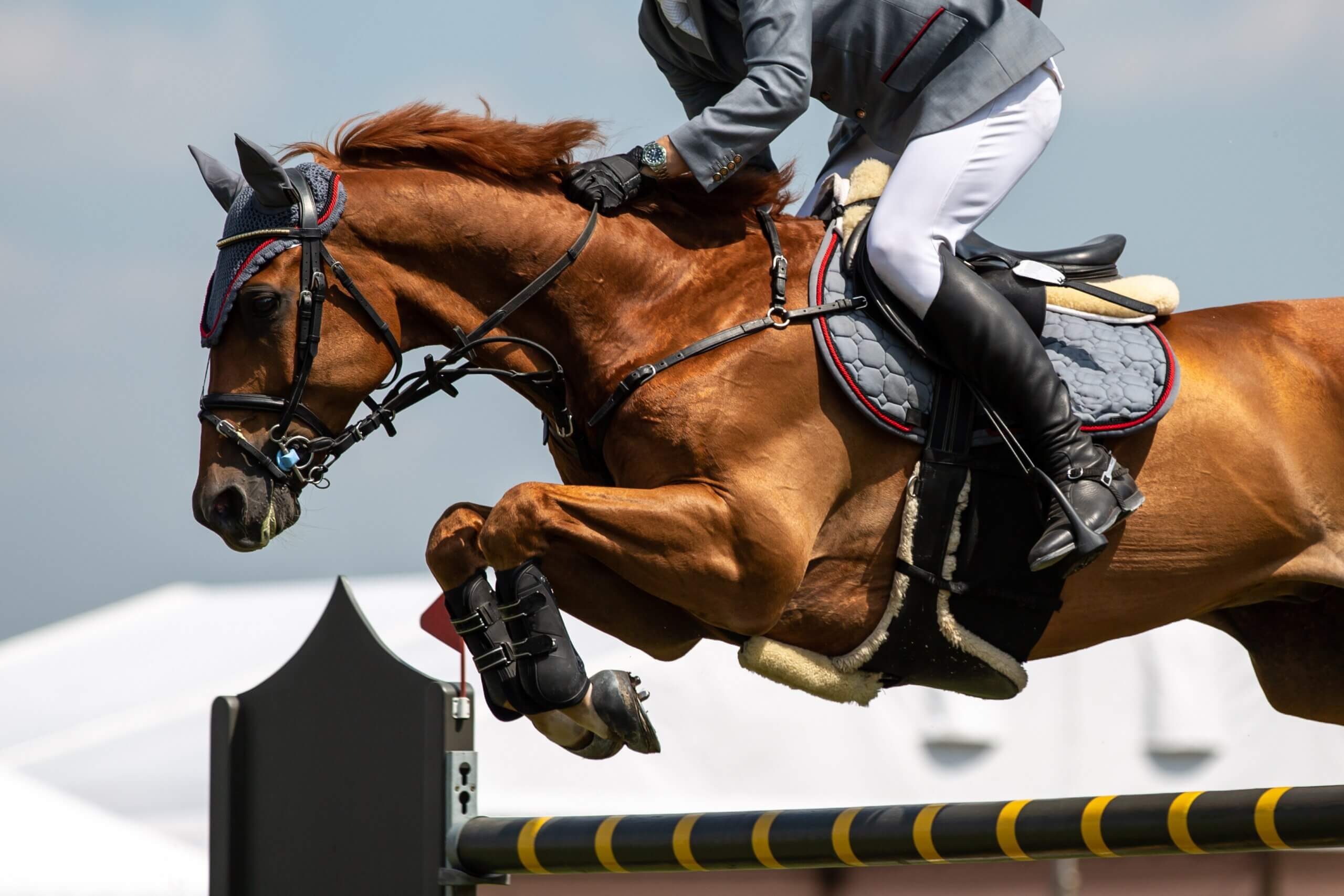On December 27, 2020, former President Trump signed the Consolidated Appropriations Act, 2021 (the Act). The Act modified existing tax laws and other relief programs originally enacted by the CARES Act, in addition to establishing several new programs. Specifically, for those individuals and organizations involved with entertainment venues, the Act established a grant program to provide much needed economic relief.
The Act authorized $15 billion for the Small Business Administration (SBA) to distribute Shuttered Venue Operator Grants (SVOG) to operators of live venues, museums, zoos, aquariums and motion picture theaters as well as talent representatives that meet certain eligibility criteria. Grants must be used for specified expenses, such as payroll costs, rent, utilities, personal protective equipment, insurance payments, and scheduled debt payments.
SVOG Eligibility Criteria
Eligible entities (listed below) must have a place of business and operations in the United States and have been in operation as of February 29, 2020. In addition, an eligible entity must have experienced a 25% or greater quarterly reduction in gross revenue when comparing any 2020 quarter to the same quarter in 2019. Lastly, in relation to the Paycheck Protection Program (PPP), an eligible entity must not have received a PPP loan on or after December 27, 2020.
Eligible entities include:
- Live venue operators or promoters;
- Theatrical producers;
- Live performing arts organization operators;
- Museum operators, zoos and aquariums who meet specific criteria;
- Motion picture theater operators;
- Talent representatives; and
- Subsidiaries of the entities above that also meet the eligibility requirements.
Other eligibility requirements may apply. For example, live venues must have a defined performance and audience space, and motion picture theaters must have at least one auditorium that includes a motion picture screen and fixed audience seating. For additional details related to eligibility, refer to the “Eligibility” section of the SVOG’s Frequently Asked Questions.
For purposes of a SVOG, each subsidiary of a parent entity is considered and evaluated independently for receipt of a grant. Subsidiary entities that meet the eligibility requirements for a SVOG will need to apply on their own and will not be treated as affiliates of the parent entity. However, keep in mind that only a maximum of 5 business entities related to the same group can receive an SVOG.
Parent entities that meet the eligibility criteria qualify for a SVOG even if their subsidiaries are ineligible.
Now that we have an idea regarding what entities are eligible, are there any entities that are specifically ineligible? There sure are. Aside from not meeting the eligibility criteria listed above, additional ineligible entities include:
- Publicly traded corporations, or entities that are majority owned and controlled by a publicly traded corporation;
- Entities that present live performances or sell products or services of a prurient sexual nature;
- Entities with more than 10% of their 2019 gross revenue from the federal government (not counting disaster assistance); and
- Entities that own or operate venues, theaters, museums or talent agencies in more than one country, own or operate venues, theaters, museums or talent agencies in more than ten states, and had more than 500 employees as of February 29, 2020.
Grant Amounts
The amount of an Initial SVOG an entity may receive depends on when the entity began operations. Refer to the table below:
| In operation on January 1, 2019 | Amount will be the lesser of:
45% of 2019 gross earned revenue, OR $10,000,000 |
| Began operation after January 1, 2019 | Amount will be the lesser of:
Average monthly gross earned revenue for each operational month in 2019, multiplied by 6, OR $10,000,000 |
Grant recipients that receive an Initial SVOG may be eligible to receive a Supplemental SVOG equal to 50% of the Initial SVOG if, subsequent to April 1, 2020, their gross earned revenues associated with the most recent calendar quarter are not more than 30% of the respective 2019 quarterly period as a result of the COVID-19 pandemic.
You may be thinking, well – what is “gross earned revenue”? Great question. Luckily, the SBA has addressed this within the linked FAQ document above. Gross earned revenue is defined as the total of all monies received from various sales of goods or services, such as admission tickets, merchandise, food and beverages, rental income, advertising sales and contracted presentation income. It does not include other sources of funds such as donations, sponsorships, governmental assistance, or returns on investments. The only caveat (of course there is a caveat!) is that the portion of any membership or fundraising revenue related to a good or service an individual receives in return should be included in gross earned revenue.
For example, if a ticket to a fundraising event cost $50 per person and the estimated value of the dinner and drink tickets provided to the individual is $35, then $35 of the funds would be included as gross earned revenue. The remaining $15 would be considered a donation and excluded from gross earned revenue.
How to Spend the Grant
Once the grant money is received, recipients are able to spend the funds on a number of allowable costs incurred between March 1, 2020 and December 31, 2021. If an entity receives a Supplemental SVOG, the December 31, 2021 end date is pushed back to June 30, 2022. Allowable expenditures include the following:
- Payroll costs;
- Rent payments;
- Utility payments;
- Scheduled mortgage payments (not including prepayment of principal);
- Scheduled debt payments related to debt incurred in the ordinary course of business prior to February 15, 2020 (not including prepayment of principal);
- Worker protection expenditures;
- Payments to independent contractors (not to exceed $100K in annual compensation per contractor);
- Other ordinary and necessary business expenses, including maintenance costs;
- Administrative costs (including fees and licensing);
- State and local taxes and fees;
- Operating leases in effect as of February 15, 2020;
- Insurance payments; and
- Advertising, production transportation, and capital expenditures related to producing a theatrical or live performing arts production. (May not be primary use of funds.)
Recipients are specifically prohibited from spending the grant proceeds to do the following:
- Buy real estate;
- Make payments on loans originated after February 15, 2020;
- Make investments or loans;
- Make contributions or other payments to, or on behalf of, political parties, political committees, or candidates for election; or
- Any other use prohibited by the SBA.
SVOG Application Process
The SBA is in the process of setting up the grant program. As of the date of this article, applications currently are not being accepted. However, there will be a priority distribution of grant money to eligible entities based on the percentage of revenue loss an entity has experienced due to the COVID-19 pandemic.
- First Priority will occur during the 1st 14 days that grants are awarded and is reserved for entities that have experienced a 90% or greater revenue loss between April 2020 through December 31, 2020.
- The subsequent 14-day period following First Priority will be reserved for Second Priority entities that have experienced a 70% or greater revenue loss between April 2020 through December 31, 2020.
- Third Priority will begin after the 28-day window for First and Second Priority entities and will be for entities that experienced a 25% or greater revenue loss between one quarter of 2019 and the respective 2020 quarter.
- Lastly, any Supplemental SVOG money will become available after the First and Second Priority windows.
As the grant program continues to develop, we will work to keep clients aware of developments on a timely basis. If you believe you may qualify for a grant, have additional questions or need assistance determining your eligibility, please contact us at COVID19Solutions@deandorton.com.








